ExclusiveSurvey: Feds question the ‘why’ behind return-to-office push
A Federal News Network survey of 6,300 feds finds leaders’ return-to-office visions aren’t meeting reality for many employees with new in-office requirements.
A Federal News Network survey of 6,300 feds finds leaders’ return-to-office visions aren’t meeting reality for many employees with new in-office requirements.
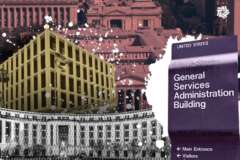
 Exclusive
Exclusive 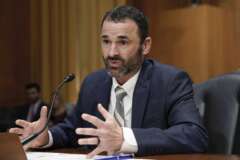

Political appointees begin to depart. In their absence, contractors should prepare for a slowdown in new and innovative project starts.

Defense officials want to demonstrate a new demolition and consolidation concept at five bases over the next three years.
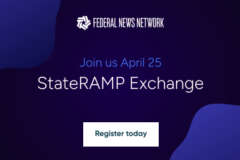
To see how StateRAMP continues to evolve and discover how agencies across state governments are moving to the cloud, join Federal News Network on April 25 for it’s inaugural StateRAMP Exchange, presented by Carahsoft.
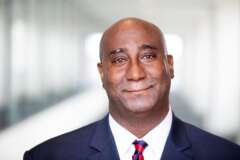
There is an event later today, if you are looking to start a business. It is focusing on entrepreneurship for members of the military or their spouses.

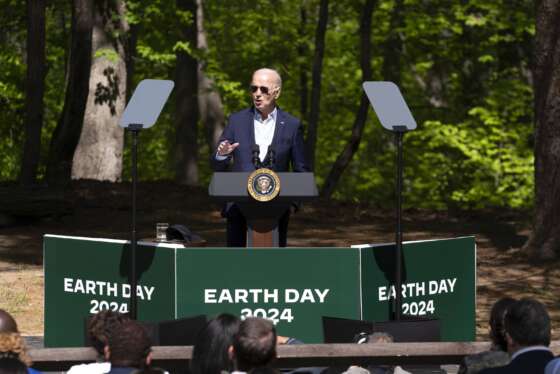
Daily photos of things happening in and around the federal government.